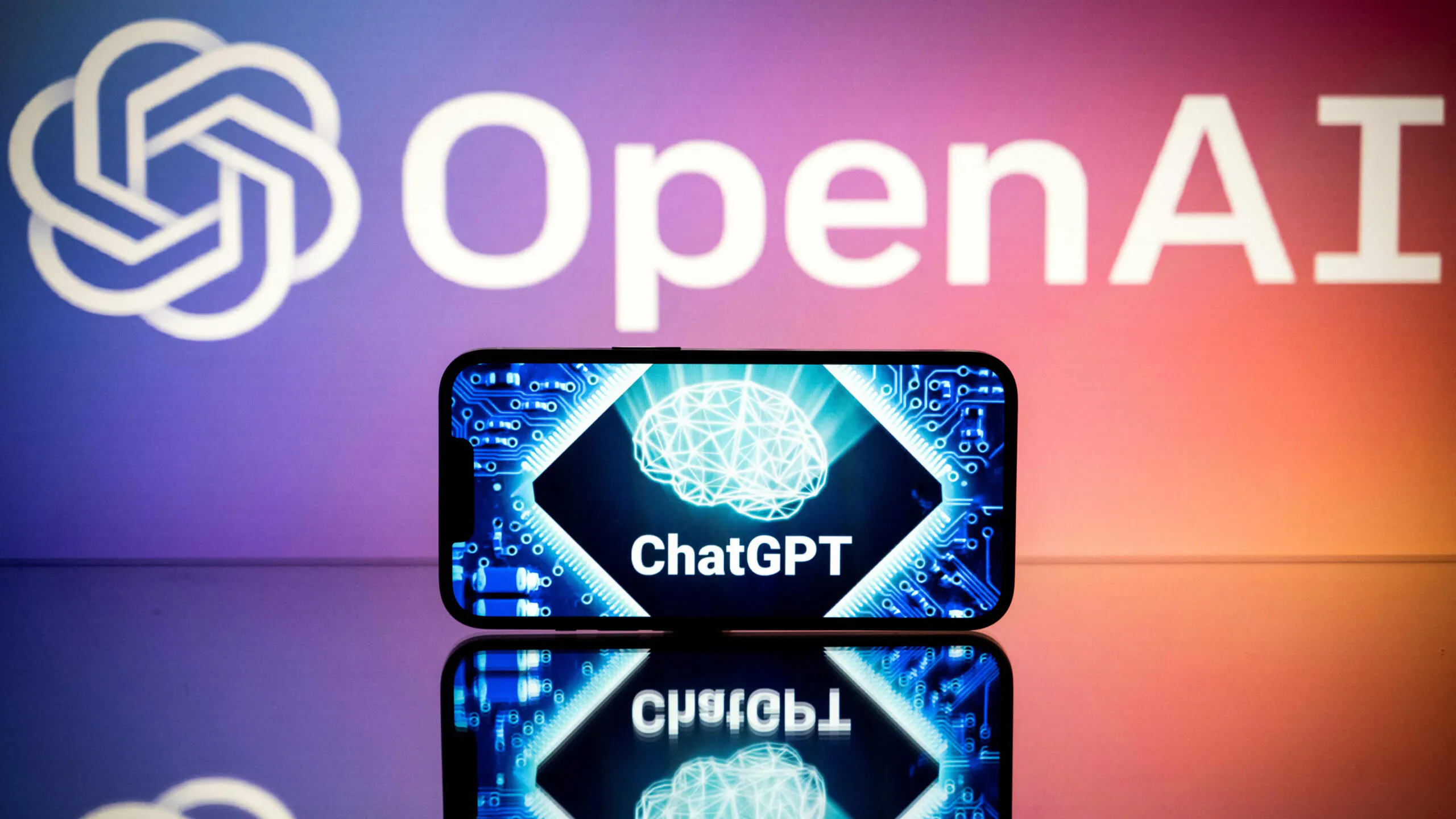OpenAI Co-Founder Ilya Sutskever warned this week that superintelligent artificial intelligence systems will be so powerful that humans will not be able to effectively monitor them, which could lead to “disempowerment of humanity or even human extinction.”
Sutskever and head of alignment Jan Leike wrote in a blog post that they are focused on tackling the problems that will be posed by “superintelligence,” which has a “much higher capability level” than artificial general intelligence (AGI).
They said that they believe that superintelligence could arrive as soon as sometime this decade and that it’s hard to predict just how fast technology will develop.
“Currently, we don’t have a solution for steering or controlling a potentially superintelligent AI, and preventing it from going rogue,” they said. “Our current techniques for aligning AI, such as reinforcement learning from human feedback, rely on humans’ ability to supervise AI. But humans won’t be able to reliably supervise AI systems much smarter than us, and so our current alignment techniques will not scale to superintelligence. We need new scientific and technical breakthroughs.”
The company said that its goal was to “build a roughly human-level automated alignment researcher” and then “use vast amounts of compute to scale our efforts, and iteratively align superintelligence.”
They said they need to develop a training method that they can scale upwards, validate the resulting model, and “test our entire pipeline by deliberately training misaligned models, and confirming that our techniques detect the worst kinds of misalignments (adversarial testing).”
The company said that it was dedicating 20% of its computing power to tackling “the problem of superintelligence alignment” over the next four years.
CLICK HERE TO GET THE DAILYWIRE+ APP
Goldman Sachs estimated earlier this year that up to 300 million jobs around the world could be lost or diminished by the technology in the coming years “if generative AI delivers on its promised capabilities.”

.png)
.png)

